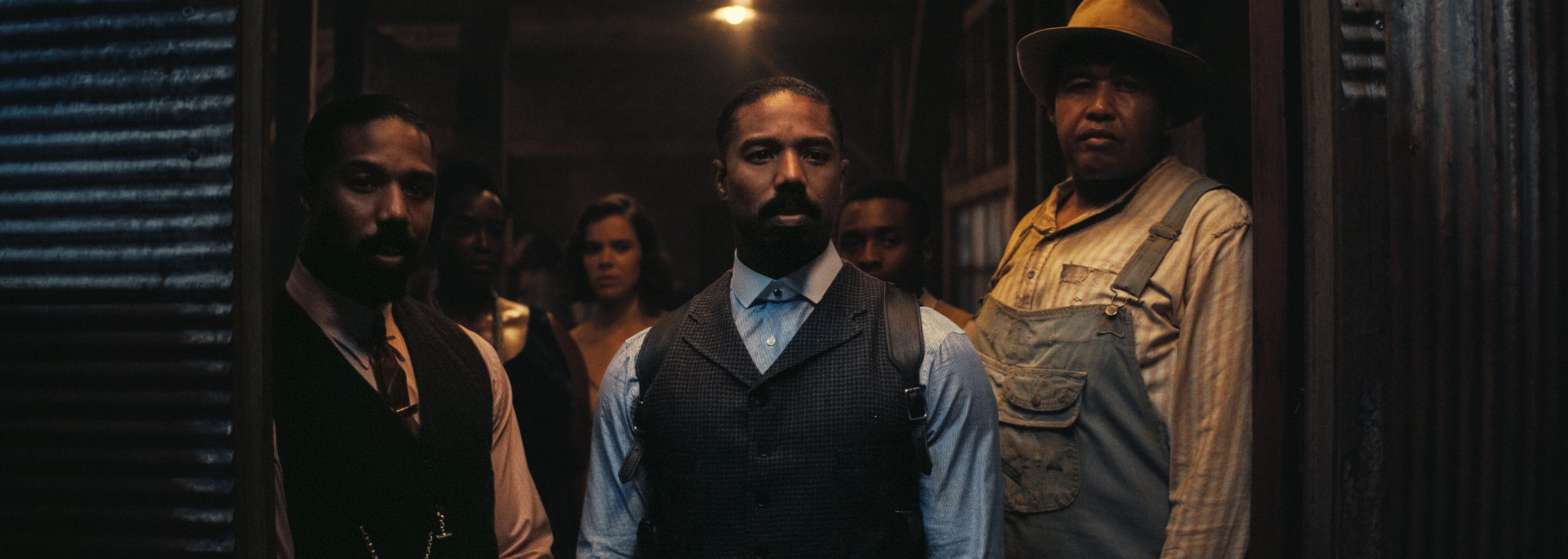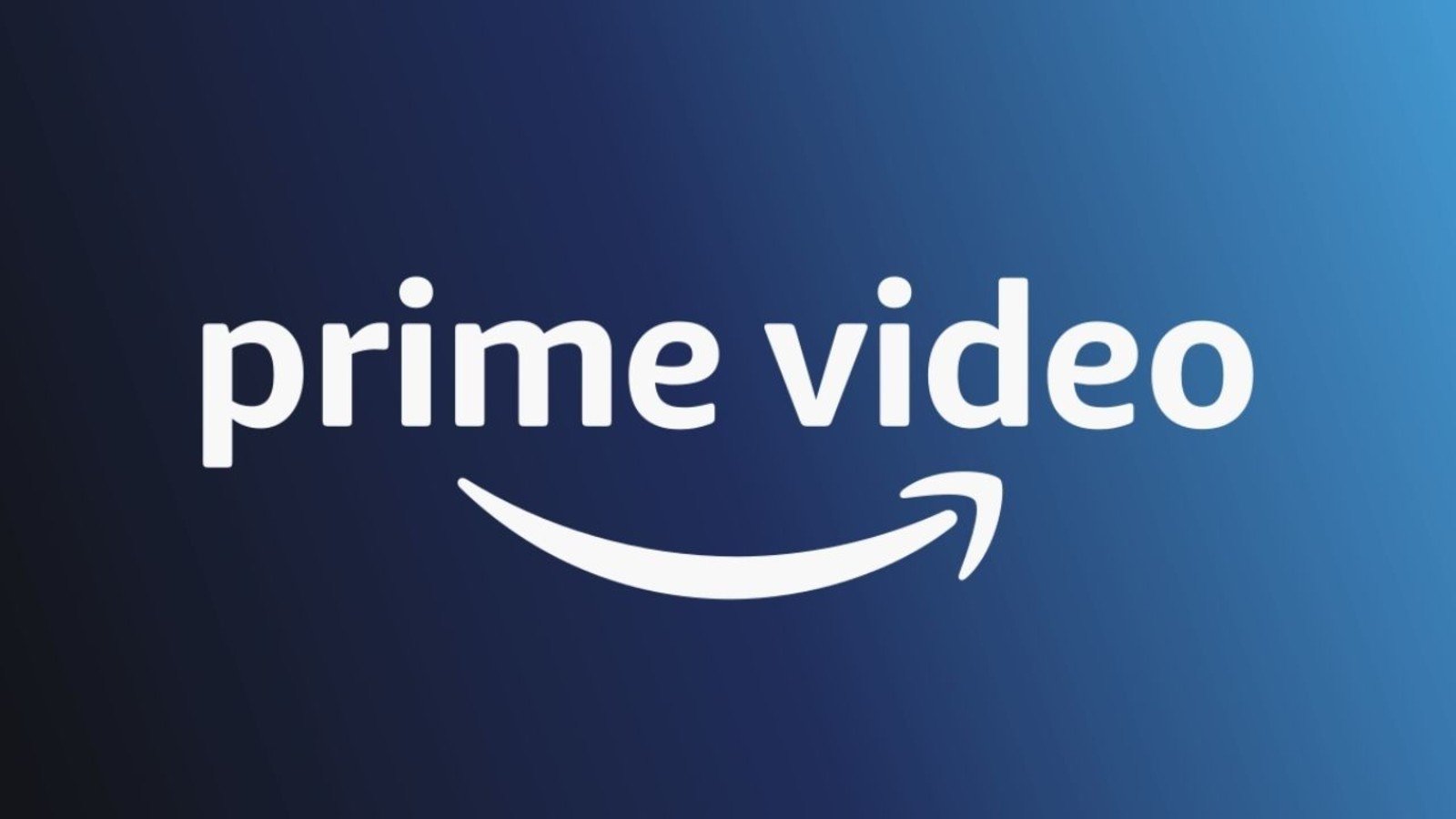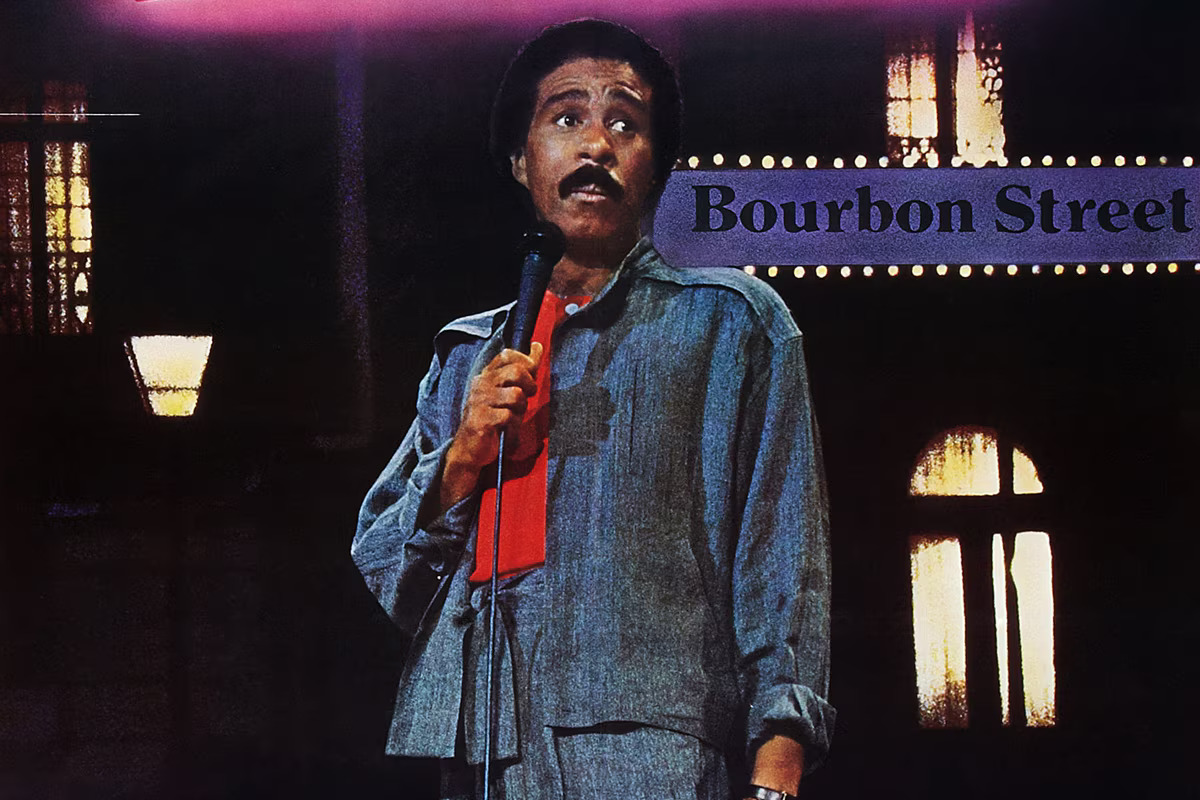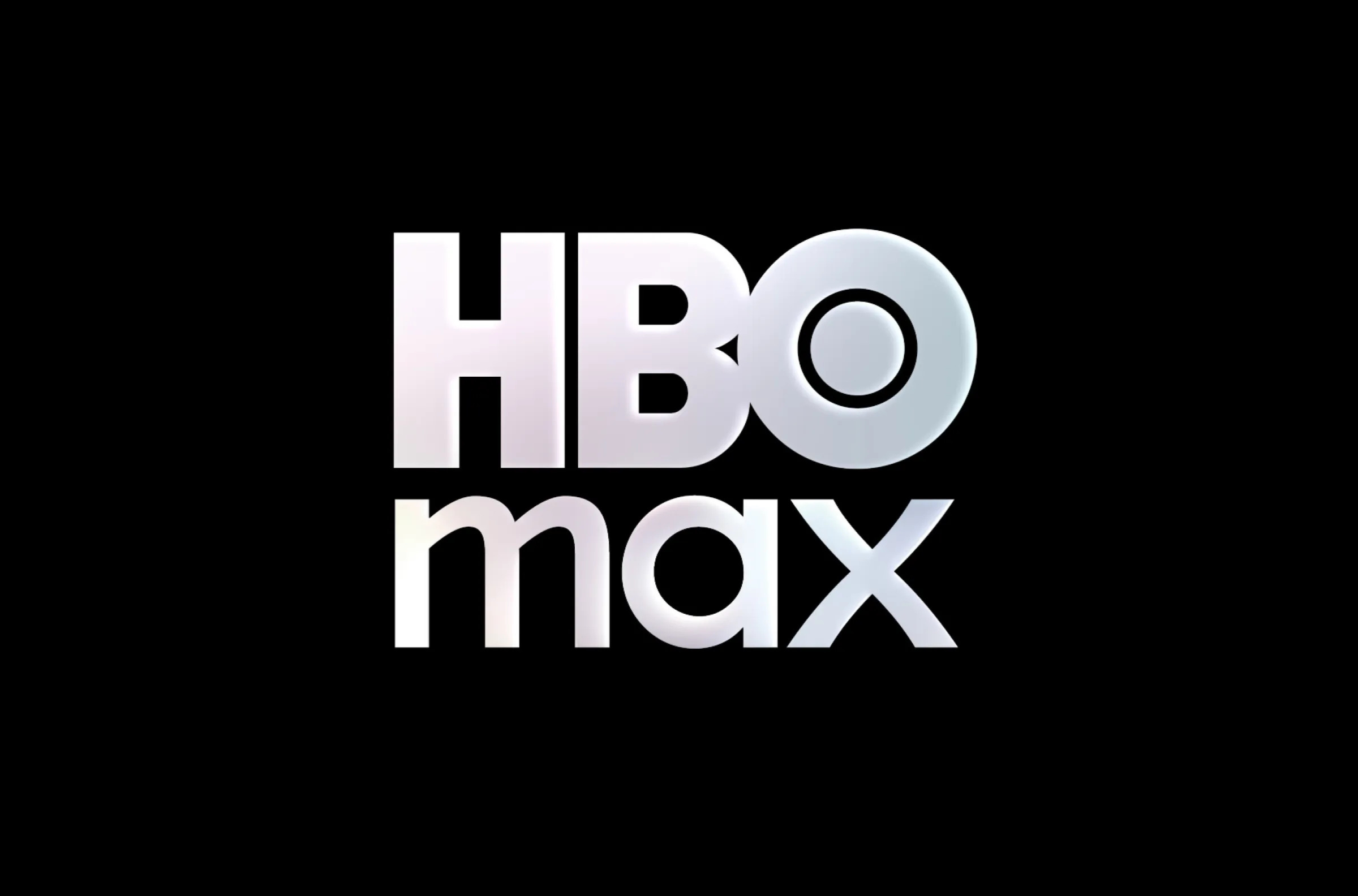
Director Gabriela Cowperthwaite discusses The Grab, a geopolitical thriller featuring hard-hitting journalism and compelling storytelling.
Governments, private investors, and mercenaries are working behind the scenes to seize food and water from unknowing populations. In short, they are becoming the new OPEC but rather than oil, they are seeking to control our food. We’re already seeing the impact on our wallets during every trip to the grocery store as products keep increasing in price. As increases threaten both violence and chaos, the likes of China, Russia, UAE, and Wall Street are strategizing how to take advantage of the shifting landscape.
The Grab is short of two hours but Cowperthwaite tells me that the initial cut was a “really lean” four hours. It’s the type of documentary that could work as a series. There’s a whole piece on the conflict between Egypt and Ethiopia over the Grand Ethiopian Renaissance Dam that does not even make it into the film. She thought the building the dam would have sparked WWIII. But during the seven-year production process, Russia invaded Ukraine and potential war cannot compete with real war.
The film is now available in theaters and on VOD.
It’s so nice to meet you today. How are you doing?
Gabriela Cowperthwaite: Very good. It’s so nice to meet you, too.
What was it about The Grab that drew your interest in directing the documentary?
Gabriela Cowperthwaite: It had an urgency to it. I wanted the challenge of trying to distill this massive topic in order to better explain the world. I started at the beginning of a lot of Nate’s investigation and it was exciting for me to be part of trying to shape it into a film, because I felt like the world needs to know this. We have a chance, I think, to right the ship if we really, truly understand exactly what’s going on at a global scale. My previous documentary, Blackfish, after I made that, I realized documentary films take you over and it becomes your life for years. There’s a massive wake. As a result of that, I realized that I had to be very judicious about my next project, my next documentary. I did start The Grab shortly after a lot of the Blackfish press, but it took almost seven years to make this. It was a film that it wasn’t just that I wanted to do it. It was a film I felt I had to do.
Yeah, I remember seeing the film during Toronto in 2022 and it was so horrifying. And then, I’m telling people that they have to see this and then nothing’s happening. I didn’t hear anything about distribution until maybe a few weeks ago when I saw my first email from publicists. What took so long on that front?
Gabriela Cowperthwaite: Oh, my gosh. Well, the world took a little bit of a turn. We had multiple places that were distributors, came on board, and then they got rid of their acquisitions departments, and they just overnight—one of them specifically got rid of its acquisition department. Another one realized that during the strike, it would be too hard to market it. The strike was a time where everybody battened down the hatches and were very careful about making offers because they just weren’t sure where the nature of the industry would go. I think that we were caught at a really bad crossroads. It took a long time, but there were people like Participant—they were there from the beginning and stayed with us the entire time, but now they folded. It’s a tumultuous time for the industry. We knew we would get something. Everybody kept telling us, just wait, just wait a second. Wait a couple months. Here we are finally, finally coming out with it. But yeah, we opened TIFF in, I guess it was 2022.
Yeah, it was because I didn’t go last year because of the strikes.
Gabriela Cowperthwaite: Right, exactly. We were hopeful. We knew something would happen. But during that time anyway, a documentary keeps being made. There’s new information that comes out so we were able to bake some of that into the final credits in the film and things like that. It wasn’t all bad, but man, it just took forever.
What surprised you the most while making the film?
Gabriela Cowperthwaite: I guess this is a strange way to look at it because so many things in the film are dehumanizing but what surprised me the most was some of the very human reasons for geopolitical decisions that are being made. Strangely, this tiny moment where we learn from one of our interviewees that Xi Jinping, head of China, had once eaten raw pork when he was young during the Chinese famine and he remembers that. When you have such a nightmarish experience like that as a kid, you don’t forget it. The idea that like he saw starvation—his parents, his grandparents, everybody, there’s entire generations that have really experienced starvation—true starvation, not feeling hungry but actual starvation. You can only imagine that a country does everything in its purview to try to stop that from happening again. There are just moments like that where like, aha, the lights go off, Something just lights up and you understand why people do what they do. It’s not all insidious. Sometimes, it’s survival and fear. Those were the types of moments that surprised me.

What was the most challenging aspect in making the doc?
Gabriela Cowperthwaite: Distilling it and the writing. The writing is always the hardest with these documentaries because so much important, beautiful stuff gets left on the edit room floor. It’s already a firehose of information. The film is already that as it is. But, I mean, there’s just so much more we could have done in parts of the world that we couldn’t even go there because it was like opening a can of worms. I mean, it should have been a series—we all know that. It’s a lot to ask someone to sit down, hour after hour with this, and be subject to this level of information. It was really trying to make it clear, trying to make it accessible, trying to make it feel like you’re not being preached to as an audience member, but you’re a little bit part of an investigation. You’re part of seeing the thing unravel and come together that I was trying to do—really trying to make a geopolitical thriller an entertaining movie out of some of the most cerebral content you could possibly imagine.
How long was the initial cut?
Gabriela Cowperthwaite: Oh, gosh. Three and a half, 4 hours, maybe. I mean, and that was really, really lean at that point. I can’t believe what we left out with this four-hour version. So yeah, it was just cutting and cutting, and I’m sure we could still cut. Right? I’m sure there’s stuff that went but it’s just—needing to make it feel light. Needing to be faithful to the breadth of the story is a challenge because you want to add everything in so that people understand how the world works and how to do life better. Definitely a challenge.
At least you’re with a distributor that releases physical media.
Gabriela Cowperthwaite: Yeah, I know.
There’s always bonus features.
Gabriela Cowperthwaite: There’s always that. There’s always that. G-d bless the feature and a theatrical viewing and a streamer, bless it all. But it sure is cool to be with them, Magnolia and Participant, and be one of Participant’s last films.
Yeah. With all this amount of footage that didn’t make it into the film, was there something that you wanted to keep in but kept having trouble finding the right place?
Gabriela Cowperthwaite: Yes. It’s a little dark but there’s a whole potential conflict taking place in the Great Horn of Africa and it’s really Egypt and Ethiopia. Ethiopia is looking to dam the Nile to get hydroelectric power and to just take advantage of the water power that they need and have. They fall into famine every so often and they really need that power and need to capture the water but that’s going to mean a majorly less water or less flow for Egypt and a lot of their agriculture. Egypt says you can’t do this and Ethiopia says yes we can and started building the dam. It’s called the Grand Ethiopian Renaissance Dam, the gird. They started building it and Egypt said, well I think we’re going to have to maybe go to blows here. Ethiopia says well we haven’t lost the war yet.
It is such brinksmanship there and such an important thing in such an important part of the world because Egypt has historically been very close to the United States and Ethiopia has ostensibly been with China and the UAE. But also, UAE and Egypt have relationships. I mean, it gets so convoluted and nobody wants this to happen. Like, this just cannot happen. We thought that was going to be a war. I mean, we covered this for seven years. We thought that was going to be the place for essentially World War three. And then while we were reporting that out, we were also reporting out what was happening in Crimea and with Ukraine, and then that bomb, and then Ukraine was bombed. It was sort of like, okay, we had to take out the entire Ethiopia-Egypt story, which was so painful because it’s so important, but you can’t compete with real war. Potential war doesn’t compete with real war so suddenly, this entire chapter had to go away and it was just crushing because it’s important.
After seeing what Blackfish did with regards to SeaWorld, do you think the Department of Justice will be pressured to take action with some of the stuff that’s transpiring here in America?
Gabriela Cowperthwaite: Yeah. I mean, are you speaking specifically with the grab and food and water type things?
Yeah.
Gabriela Cowperthwaite: Yeah, I think that—I mean, I don’t know how much they’ll be responsive to something like a film, if they haven’t been responsive yet to draining aquifers and things. I’m really hoping, too, that this film could be a catalyst for creating a national water information center, national water strategy. We don’t have national water policy. We don’t have, as a nation, national water strategy even. There’s not even national water information. We don’t know how much, as a country, we have left, which is mind boggling to me that we actually don’t know. We need a body and a center where we are able to figure out how much emphasis—AI can do it. We can figure this out technologically, but we need to know. Once we know, we can start building a consensus on how we use what we have left and what we export and what we can’t. That’s, to me, something I hope comes out of this film.
What do you hope people take away from watching the film?
Gabriela Cowperthwaite: I hope they see the interconnectedness of all the stories. If you just happen to be someone who doesn’t care about human rights and care about communities that are starving and in distress, well, do you care about your own community? Do you care because if a place like Zambia starves, we will see it. We will experience it. We will experience it through disease, which we’ve seen does not respect national borders. That’s what famine causes. We will see it through refugees. We will see it through uprisings and conflict which we decide this is a lot of arable land and important water to be able to hopefully feed some of the world in the next century. We don’t want that to be a bed of conflict and so America will be involved. Everybody. Western Europe will be involved. Other countries that we see as adversaries will get involved. They already are involved. It touches all of us. Right? Everybody. You can’t be okay with another place starving. You can’t be okay with taking somebody else’s water and only take care of your own people because A) it’s so profoundly unethical, but if you don’t care about ethics, then it’s going to hit you anyway. It’s going to hurt you anyway in the long run and you’re going to hurt generations and generations after you so we’ve got to fix this. We’ve got to figure out what we have left and how to humanely take care of one another.
Thank you so much. It was so nice to meet you and I’m so glad this film is finally coming out for more eyeballs to see it.
Gabriela Cowperthwaite: You’re fantastic, Danielle. I love your writing and what you’ve done for films. It means a lot to all of us, all filmmakers, when people go into your movie wanting to like it and getting and drinking what we’re pouring, basically, and really getting it. I just appreciate your writing very much and I’m very happy to speak to you.
Thank you so much. I just did a re-review of Blackfish since my initial review was at a different outlet back in 2013 and that one’s not on Rotten Tomatoes. I rewatched for the 10th anniversary at the end of the year and put a new one online.
Gabriela Cowperthwaite: Oh, good. Oh, I love hearing that. Thank you so much. Thank you for being a moviegoer.
Magnolia Pictures and Participant released The Grab in theaters and VOD on June 14, 2024.
Please subscribe to Solzy at the Movies on Buttondown.





